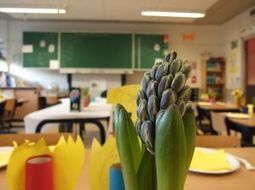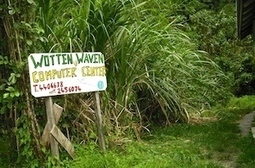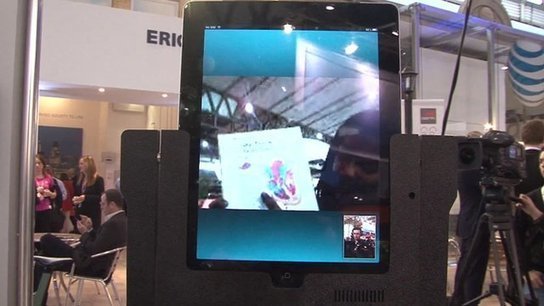
Rory Cellan-Jones checks out a new kind of robot that developers say will help teachers educate from a distance.On show at Mobile World Congress in Barcelona this year was a simple type of robot designed to allow teachers to educate from long-distance, harnessing wireless technology.
The 'Skype-enabled' telepresence robot, designed to work with most major tablets, is called MantaroBot and is made by TeleMe.
The BBC's Rory Cellan-Jones watched a demonstration by Ronda Zelezny-Green, who teaches at Royal Holloway, University College of London, and Andrew Parker, a director of Connected Experiences at the GSMA, the body which runs Mobile World Congress.
Watch the video at: http://www.bbc.co.uk/news/technology-21592189
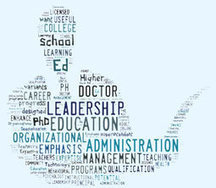
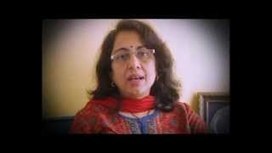
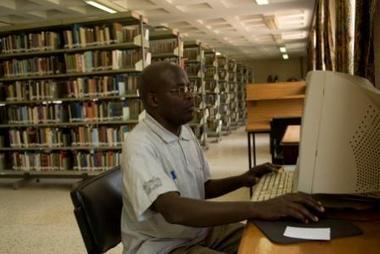
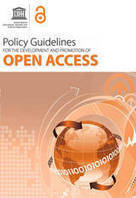
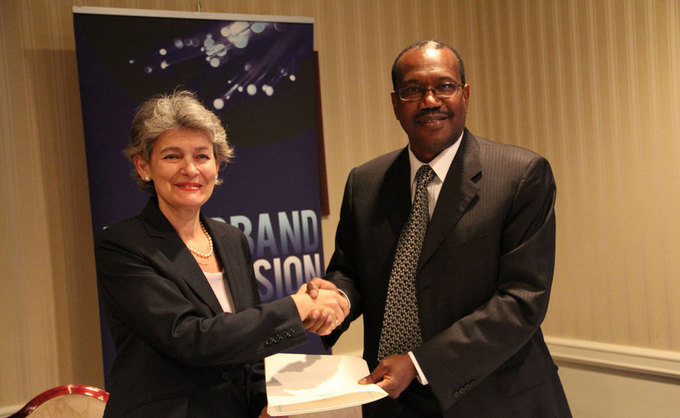


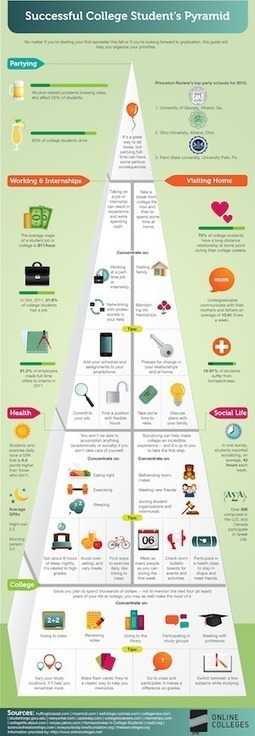
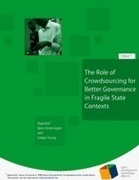
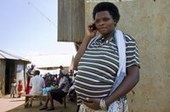
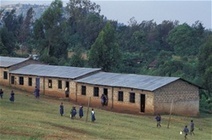
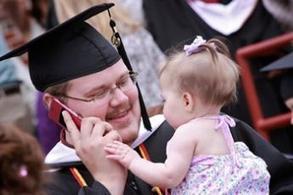
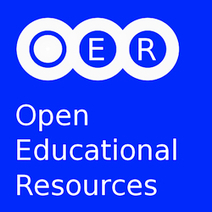
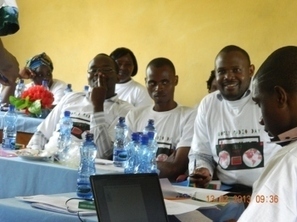


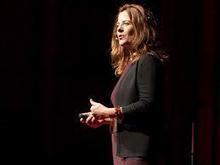
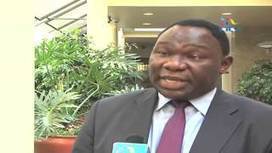
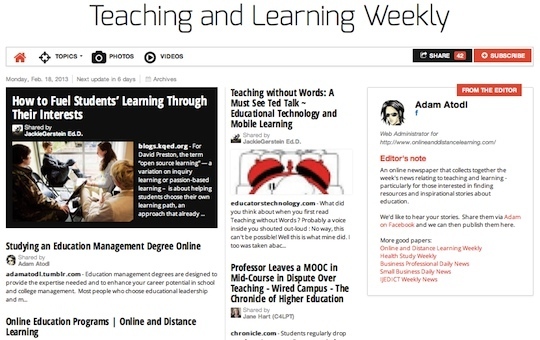
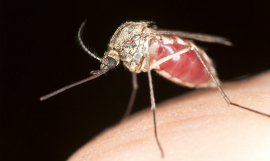
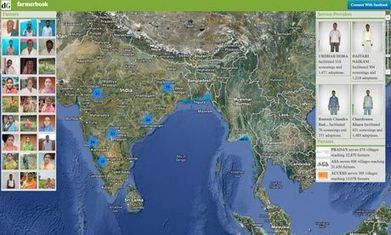

 Why does a nurse who is already registered as an RN need to take a Bachelor's degree, and do special upgrade programs exist pn;ine?
Why does a nurse who is already registered as an RN need to take a Bachelor's degree, and do special upgrade programs exist pn;ine?